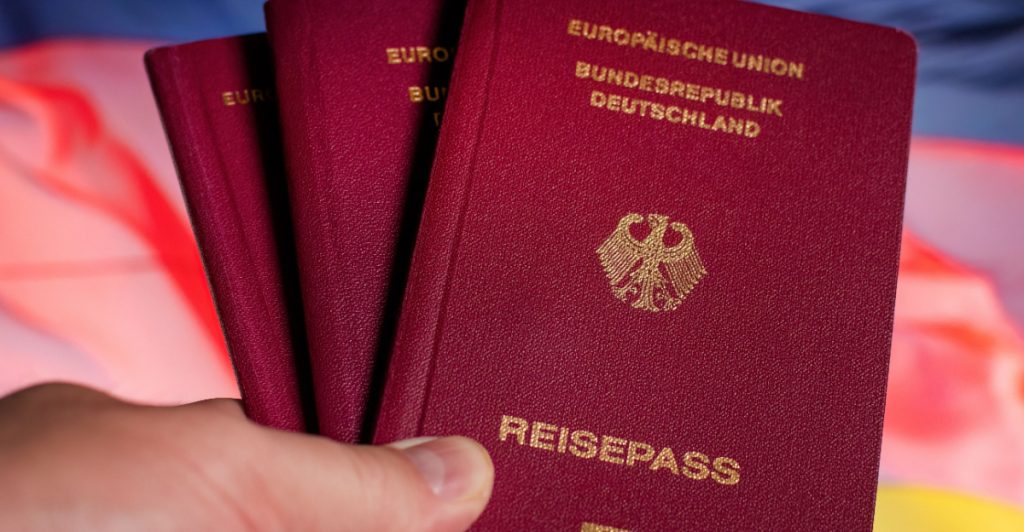In a significant policy shift, Germany has introduced new restrictions on family reunification for migrants and extended the timeline for obtaining citizenship. These measures, part of an ongoing strategy to manage immigration pressures, aim to reduce the burden on local communities and integration systems.
Others are reading now
In a significant policy shift, Germany has introduced new restrictions on family reunification for migrants and extended the timeline for obtaining citizenship. These measures, part of an ongoing strategy to manage immigration pressures, aim to reduce the burden on local communities and integration systems.
Two-Year Ban on Family Reunification

Germany’s federal cabinet has approved a two-year suspension of family reunification rights for migrants under “subsidiary protection” status. This decision affects roughly 380,000 individuals—primarily Syrians—who will be temporarily unable to bring spouses and children to Germany.
Who Is Affected by the Ban

The new rules target migrants who do not qualify for full refugee status but have been granted subsidiary protection.
Changes to Earlier Rulings

These individuals had previously been allowed to reunite with up to 12,000 family members annually—a policy now put on hold to ease pressure on the reception and integration infrastructure.
Also read
Reducing the Burden on Municipalities

Officials state that the suspension aims to “reduce the strain on Germany’s reception and integration systems” and will provide “adequate tools to quickly relieve the burden on municipalities,” especially those struggling with capacity limits.
Citizenship Wait Time Extended

In another shift, Germany has extended the minimum residency requirement for citizenship from three to five years. This reverses a reform introduced just six months ago by the previous Social Democratic-led coalition.
Naturalization Criteria Remain Strict

Even under the old rules, applicants for German citizenship had to demonstrate financial independence, stable employment, and strong language skills. These criteria remain unchanged as the country continues to emphasize integration.
Naturalization Numbers Hit 25-Year High

In 2024, Germany recorded around 200,000 naturalizations—the highest number in 25 years. This spike came partly from the now-reversed fast-track option, highlighting the high demand for citizenship among long-term residents.
Legislative Fast-Tracking in Motion

The proposed laws will be expedited through parliament by the current governing coalition of conservatives and social democrats. This approach bypasses the need for Bundesrat (Upper House) approval, signaling swift implementation.


